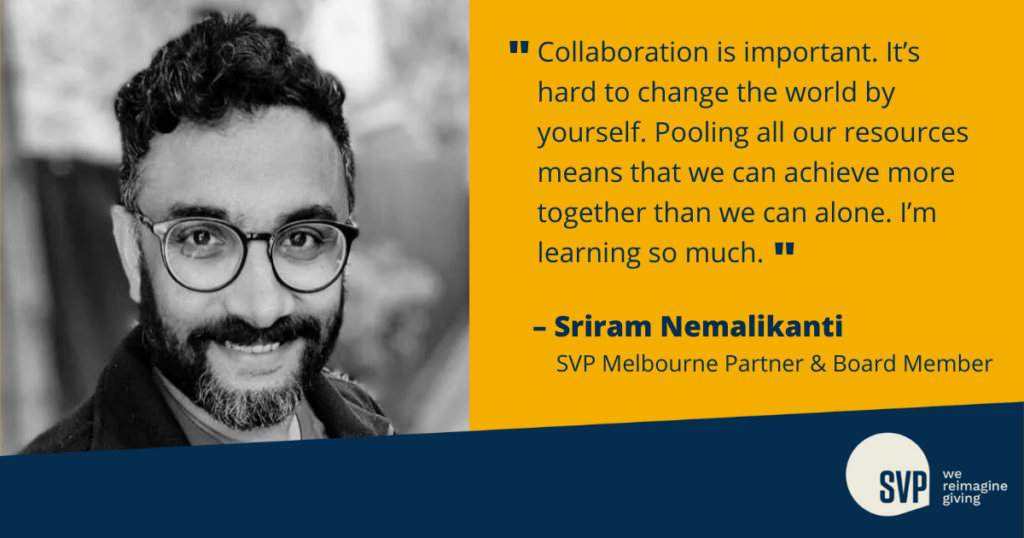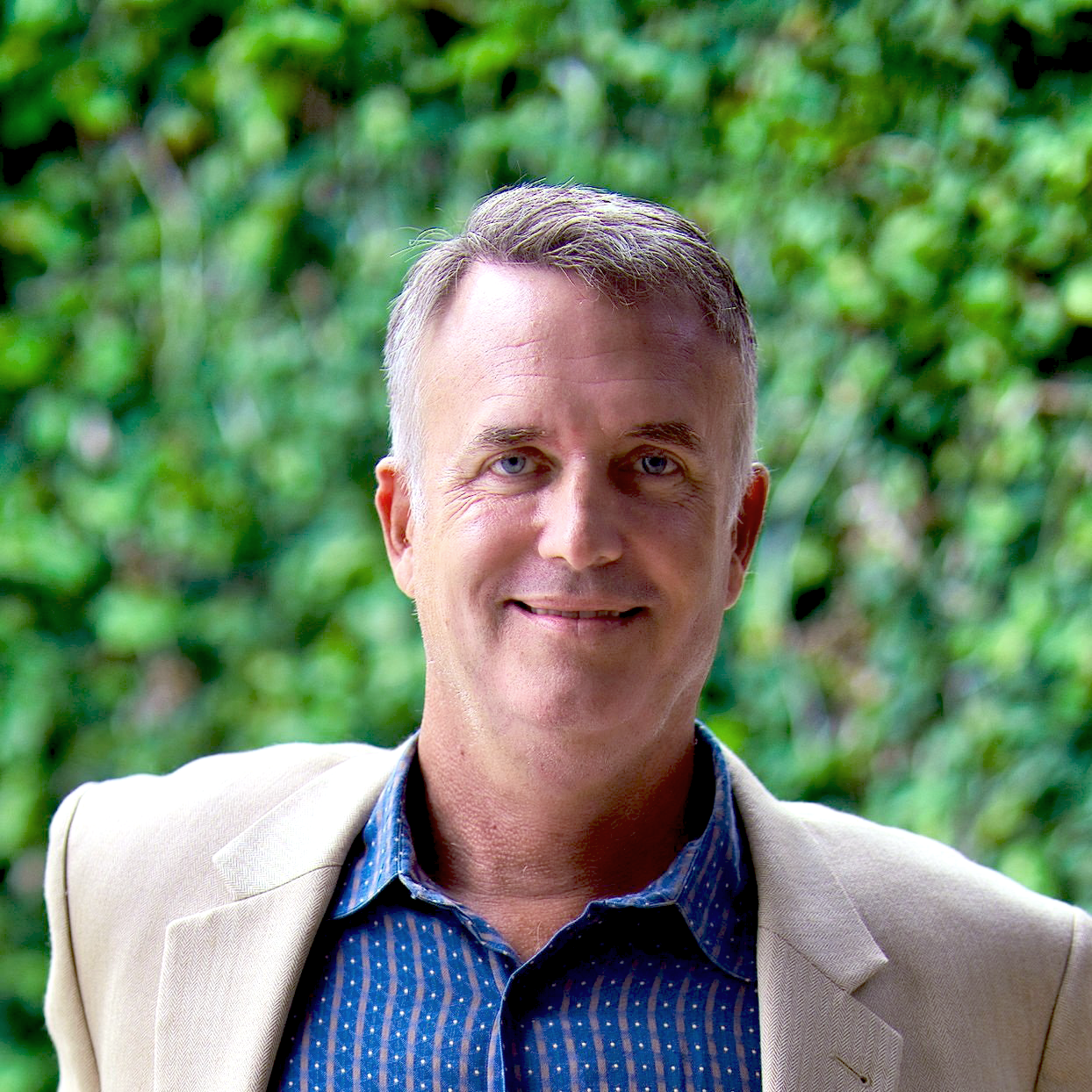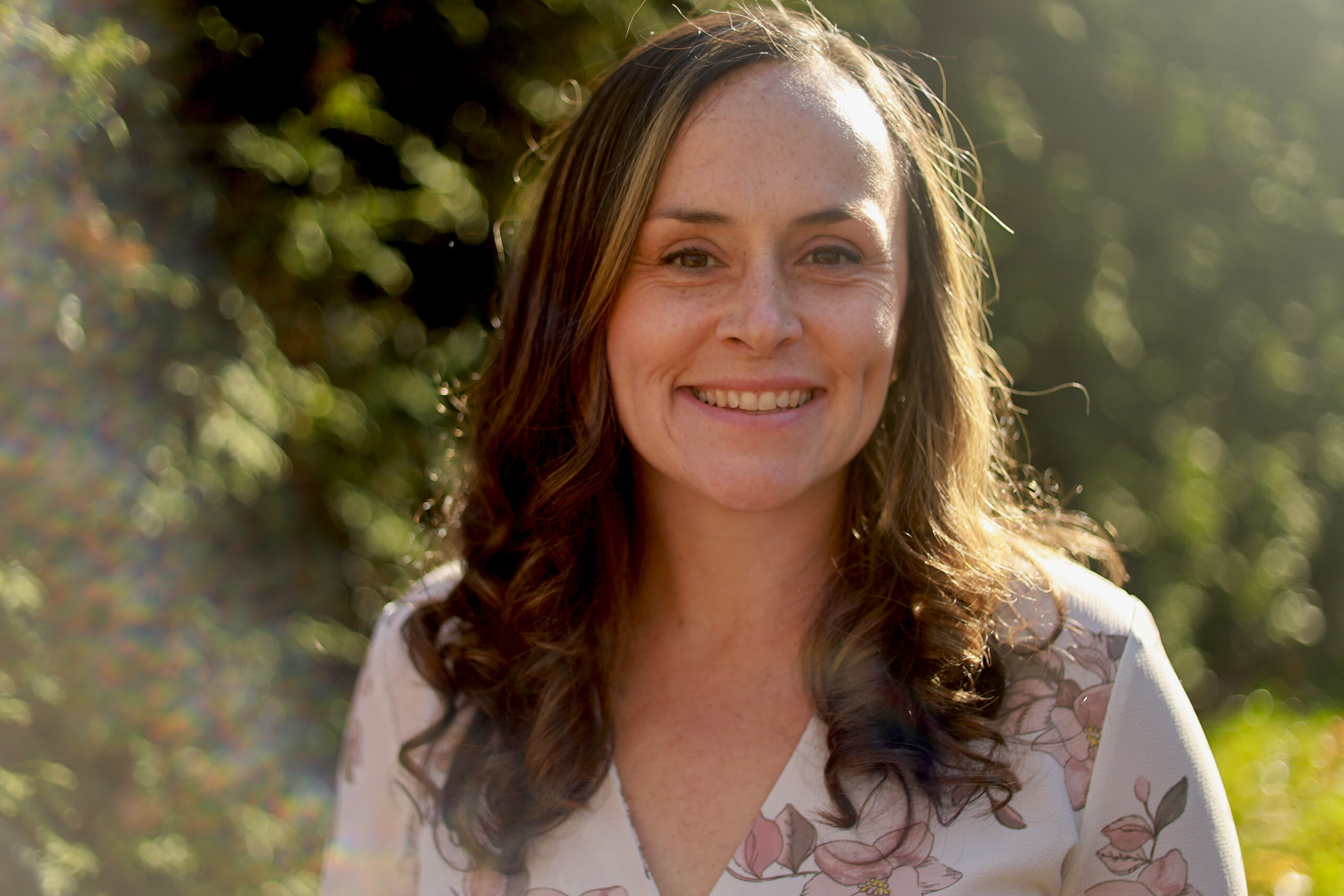Sriram Nemalikanti, SVP Melbourne
Meet Sriram:
Sriram is a Partner and board member with Social Venture Partners (SVP) Melbourne and has been with the organization since October 2021. He joined SVP while working on his MBA at La Trobe University in Melbourne, Australia.

How did you get started with SVP?
When I was working on my MBA, I wanted to give something back to the community. I have a unique blend of skills that I’ve acquired through education, work, and broader life experiences. But, I wasn’t sure where to start, so I reached out to friends and my professional network to ask if anyone knew of an opportunity where I could put my skills to work.
A job portal for not-for-profit organizations introduced me to Social Venture Partners. I met with one of the partners to learn about what they do and how they do it. I wanted to understand what challenges they faced as a global not-for-profit organization in Asia, but also in North and South America. How were people approaching social problems and innovating solutions?
From those discussions, I learned that, at a fundamental level, SVP is aligned with my values and that this network is all about making a difference using collective action and collaboration.
How has SVP helped you make an impact?
My colleagues at SVP and I looked at all the not-for-profit organizations who were active in the disadvantaged youth space, a current focus area for our 25 Partner Affiliates. We offered our services to a group called Banksia Gardens Community Centre, whose mission is to provide intervention services to primary schools dealing with Tier 3 (aggressive) behaviors. We help them scale through strategy creation, business model development, and fundraising.
Public schools in the local government area don’t get enough support to deal with Tier 3 behavioral issues within primary school aged kids. And that’s where Banksia Gardens Community Centre comes in. They develop intervention programs and intend to scale it to all public schools in the local government area and to all public schools in Melbourne in the near future. Not all not-for-profits are well-funded and have the pool of resources they need to develop strategies and scalable business models. I am really glad I am part of that journey. I’m giving my money, time, and talent to make a long-lasting difference.
How has SVP made you a better philanthropist?
Collaboration is important. It’s hard to change the world by yourself. Pooling all our resources means that we can achieve more together than we can alone. I’m learning so much.
I’m learning how to be a better consultant and how to manage myself better through some of those discussions. I am learning how to think bigger, more strategically and more practically, and how to be more empathetic while doing so. I really value this growth journey for me.
Working with SVP has made me more conscious of the challenges that people and organizations face that I might not have otherwise seen. I have a day job, two kids, and a busy family schedule, so it would be easy for me to not think beyond myself. Working with SVP has made me more aware of the problems.
At SVP Melbourne, I have an opportunity to work with highly talented and intelligent people who have worked in this space for a long time. I’m learning, I’m growing, I’m contributing, and making a difference. I’m helping propose modern solutions to age-old problems.
Can you share some examples of how you’ve engaged in collective action?
One of the not-for-profits I worked with as a part of my work with SVP was Food Ladder. There are many Indigenous communities and schools that are disconnected from the mainstream supply chain. These people may or may not have access to fresh food or fresh vegetables, or to a supermarket that provides access to these important food sources. Food Ladder helps these communities establish a greenhouse, for example, and teach them how to grow vegetables in a sustainable way.
Food Ladder bears all the costs and supports creating a new systemic intervention to uplift communities.
I have had the opportunity to work with the organization on how to scale and grow sustainably. This means we collaborate on innovative solutions. For example, they might want to use hydroponics in their greenhouses. We would help them with how to do that, and how to train people so they can do it on their own. They also want to generate an alternate income source and use that income to do more of this work. In this case, I’ve been working with one of our lead partners within SVP Melbourne to develop that strategy as well.
So, we work together to help look at scalability plans, depending on whether we want to stay focused on regions within Australia, or whether the organization is planning to go global. They have a vision, they have a way forward, but they need help to be more agile. That is where the collaboration comes in.
What advice would you give someone who’s just starting their philanthropy journey?
Start talking to folks, expressing your interests. If you have an intent, make it known!
It’s ok to be confused or lost. That’s the journey we’re all on. Once you put it into action by letting people know, things will start to happen, and you’ll move beyond intent into collective action.


